You might be surprised at just how easy it is to create, grow and maintain an incredible, highly productive organic garden. And, in the process, supply you and your family with delicious, chemical-free vegetables!
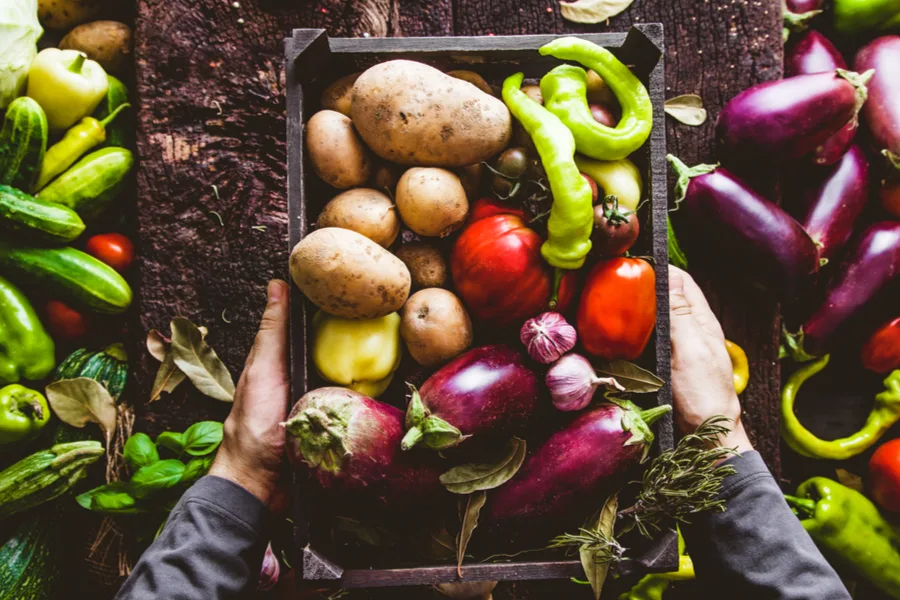
Contrary to popular belief, organic gardening is not more expensive than non-organic growing methods. Nor is it more labor intensive. In fact, speaking from 10+ years of experience, an organic garden is far less costly and tremendously easier to maintain.
But perhaps even better, growing organically gives you peace of mind. Like knowing exactly what is in and on your fruits and vegetables. And more importantly, what isn’t!
There is simply nothing better than picking a fresh vegetable and taking a bite out of it right in the garden. And when you grow organically, you can do that every single day!
Here is a look at the 5 key elements to growing organically. And, how they can work together to help you produce a low maintenance garden that will produce an amazing harvest of natural produce, all of which you can consume without worry.
5 Simple Keys To Growing A Low Maintenance Organic Garden!
#1 Mulch – How To Grow An Organic Garden
When it comes to creating an organic garden with less weeds and watering, mulch is the answer! In fact, mulch is the absolute foundation of low-maintenance, productive gardening.
Instead of tilling and re-tilling your garden and rows throughout the season, a layer of natural mulch can be used to control weeds and conserve moisture in the soil.
A four to six inch layer of straw, shredded leaves or grass clippings around plants suppresses weed growth and germination. Weeds that if left to grow compete for the same nutrients and water your vegetable plants compete for. See : How To Use Mulch To Stop Weeds In The Garden
Mulch also keeps the soil from drying out. It conserves moisture below the soil surface, helping to keep roots hydrated. And with less evaporation, that means less watering chores for you as well.
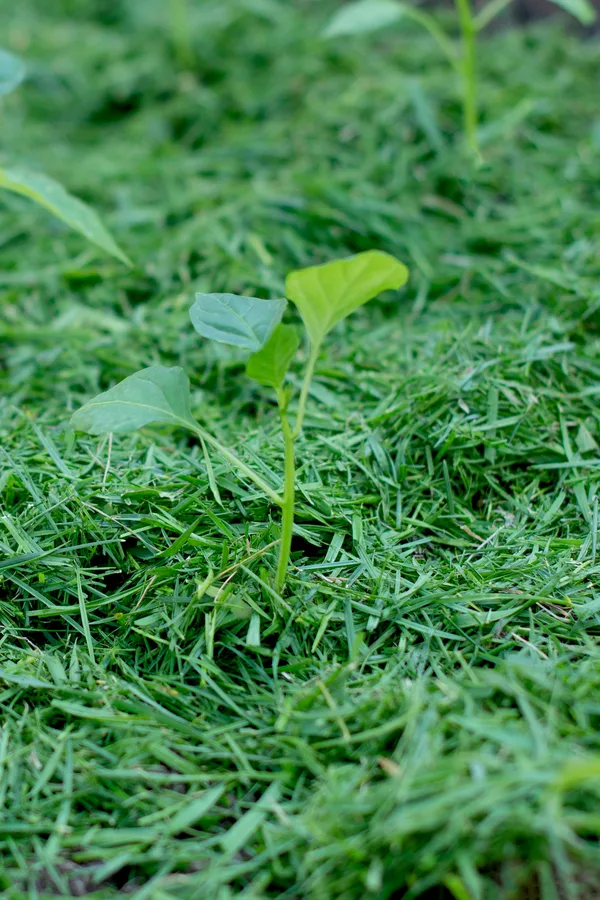
But as natural mulch decomposes, it also adds nutrients back to the soil. Nutrients that help keep your soil strong and healthy year after year. And that, above all else, may be the most important benefit for mulching of all.
#2 Compost & Composting – How To Grow An Organic Garden
If mulch is the foundation of organic gardening, composting is the backbone. Compost works in many ways to power plants and build strong, healthy soil.
It helps add structure and balance to poor soil. It also acts as a slow release fertilizer for plants. And it helps to retain moisture in the soil too. In fact, quite frankly, you can never use or have enough compost!
We use compost in every single planting hole as we plant. In addition, we place a two to three inch layer of compost around each plant as a fertilizing mulch. Every time it rains or we water, the compost leaches its nutrients into the soil.
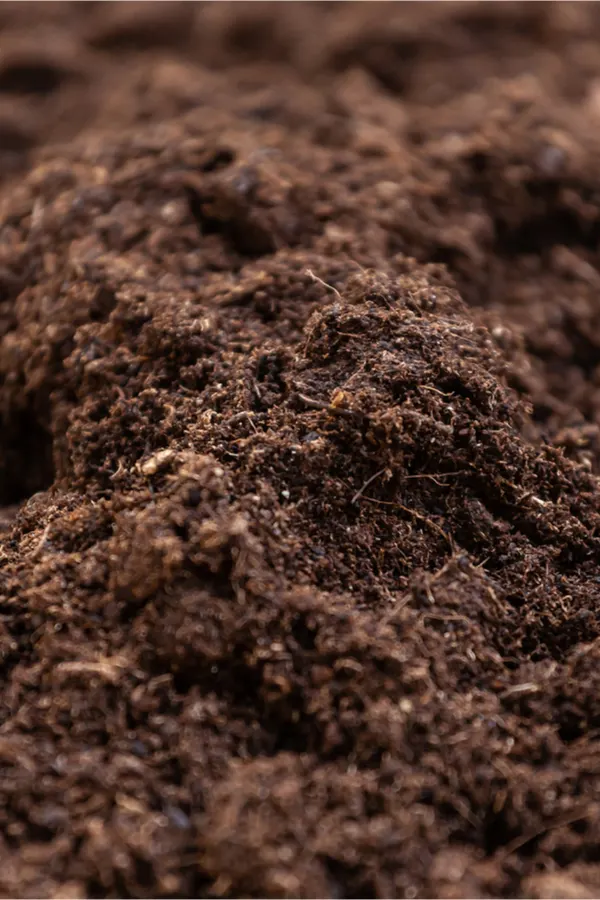
Compost can also be used to top dress rows to recharge and energize soil. But, as you will see in the next section, it can also be used to make one of the most powerful natural fertilizers around.
There are a million ways to go about making compost – in a bin, a tub, a barrel or a plain old pile in the middle of the garden. But whatever you do, get that pile started! See : How To Make Your Own Compost Bins With Ease
#3 Natural Fertilizers – How To Grow An Organic Garden
One of the biggest misconceptions about organic gardening is that fertilizer shouldn’t be used. We use a whole slew of fertilizers in our garden, but it just so happens they are all natural and organic.
And the best part of organic fertilizers is that they enhance the soil every time you use them. The same can’t be said for synthetic fertilizers that can rob the soil of other nutrients. Or even worse, create weak soil that then requires even more fertilizer to help plants survive.
One of our favorite go to fertilizers is compost tea. Made from soaking water in fresh compost, this powerful liquid fertilizer can help power plants to incredible growth.
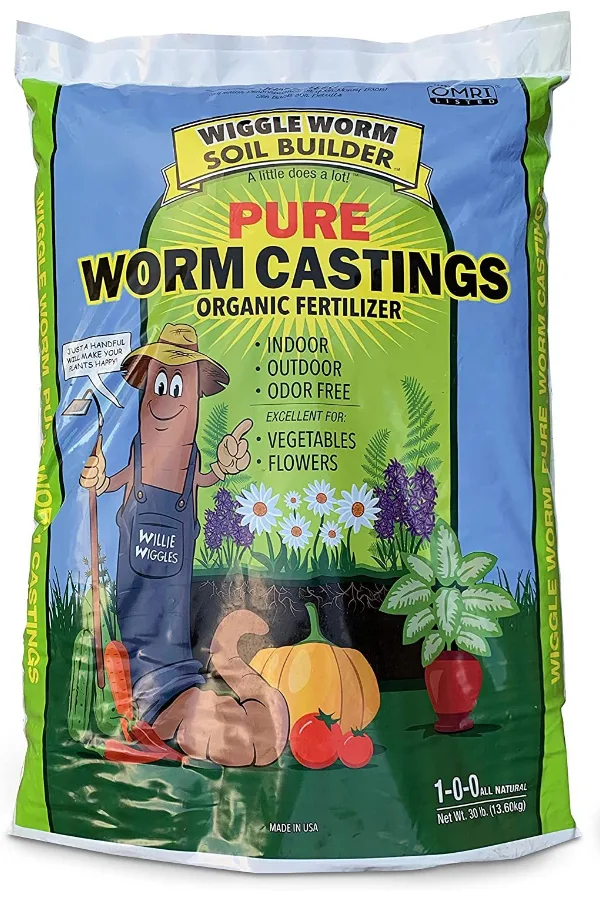
In addition to compost tea, worm castings have become a big part of our organic fertilizing regiment. Worm castings slowly release their nutrients back into the soil. And while doing so, help to build great soil structure in the process.
We use worm castings in every planting hole in the garden. In fact, we use them everywhere to power plants organically – in the vegetable garden, our hanging baskets, planters, container plants and more. Product Link : Worm Castings
#4 Pest & Disease Control – How To Grow An Organic Garden
“How do you handle pests and disease in an organic garden?” That question certainly is one that is asked quite often when it comes to life in an organic garden.
First and foremost, it is important to realize that in any setting, spraying doesn’t only kill the bad insects, but good ones too. And the more you spray, the more you upset the balance of nature. Likewise, the more problems you will have.
The simple truth is, you don’t need to run out and spray just because you have a few beetles or aphids. Most often, small insect infestations can be controlled by hand picking. A little damage to a plant here and there is okay if it means that insect populations are balanced to keep it all under control.
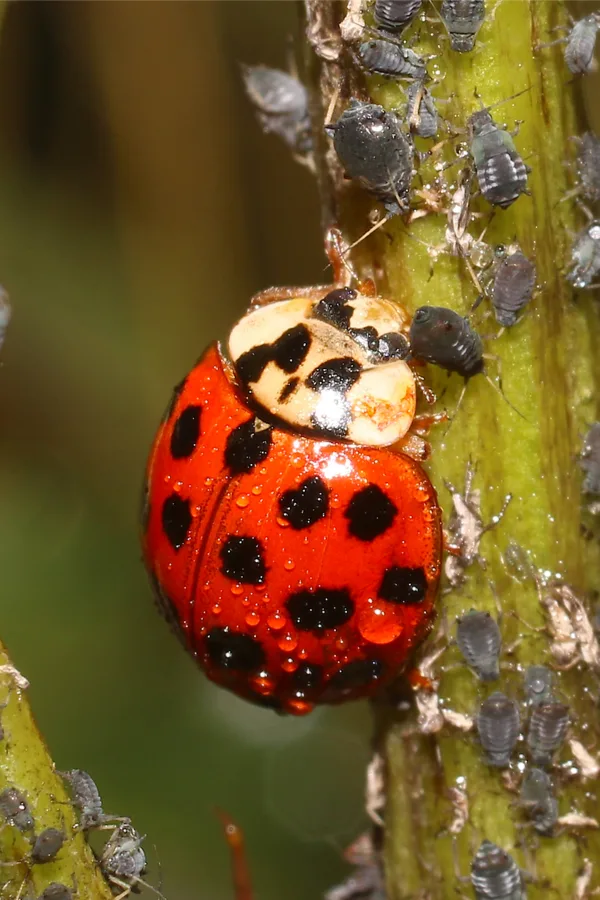
If you spray and kill all of the lady bugs, they can’t be around to help keep the aphid population in check. And those bees that were killed off while spraying? Well, now they aren’t around to pollinate.
It is also important to realize that insects and disease tend to attack weak plants and weak soil. So if your soil is strong and healthy, your plants will be too. Think of it as a natural immunity for plants.
There are natural sprays and powders that can be used if necessary. But by practicing good organic principals, most garden pests and disease issues will take care of themselves. And two of the best practices just happen to make up our 5th and final point!
#5 Crop Rotation & Cover Crops – How To Grow An Organic Garden
Whether you garden organically or not, crop rotation and cover crops are two of the most important methods a gardener can practice to keep their garden healthy and productive.
Crop Rotation
Here is a fact. If you keep planting your pepper, tomato and cucumber plants in the same spot, year after year, you simply won’t keep getting the same results.
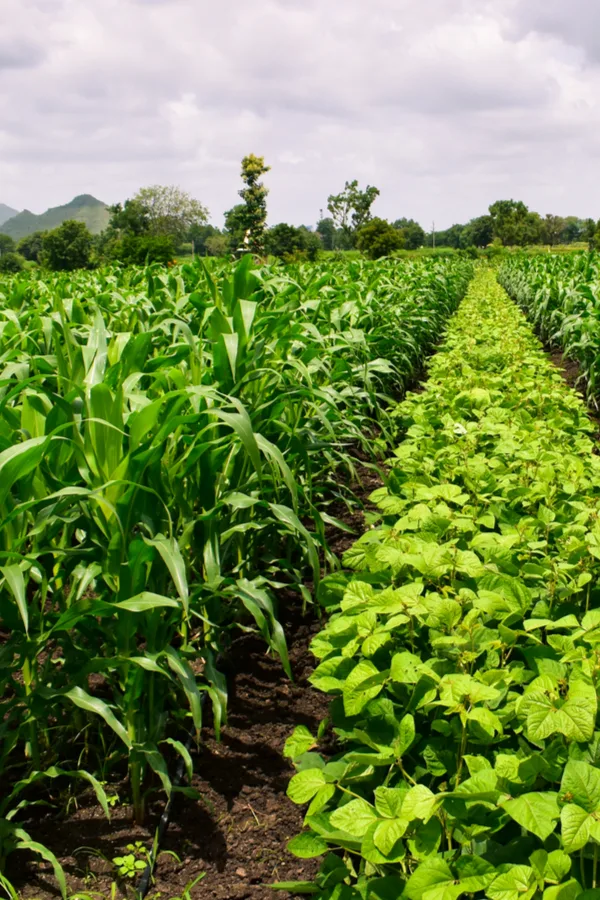
Why? Because specific plants use specific nutrients from the soil. And the soil becomes depleted of those nutrients when the same crop keep going into the same place.
Rotating your crops in the garden each year to a new location helps alleviate this problem. It also helps keep pest infestations from taking hold in the same location. Whatever you do, move your crops around to new locations to keep the soil energized and healthy.
Cover Crops
In addition to rotating your crops, planting a fall cover crop is one of the best and easiest ways to keep your soil healthy year after year. In fact, cover crops are the long-term key to an organic garden’s success.
They add a tremendous amount of nutrients back to the soil. In addition, they keep weeds from establishing a permanent home over winter. They also play a key role in eliminating costly soil erosion too.
They are not only easy to plant, but you don’t even need to till them in the spring. We plant annual rye each fall, and then mow it off in the spring and plant right through it. Talk about low-maintenance organic gardening! See : How To Create The Perfect No-Till Garden
Here is to growing your own organic garden this year! Happy Gardening – Jim and Mary.
Jim and Mary Competti have been writing gardening, DIY and recipe articles and books for over 15 years from their 46 acre Ohio farm. The two are frequent speakers on all things gardening and love to travel in their spare time.
As always, feel free to email us at thefarm@owgarden.com with comments, questions, or to simply say hello! You can sign up for our free email list in the subscribe now box in the middle of this article. Follow us on Facebook here : OWG Facebook. This article may contain affiliate links.
